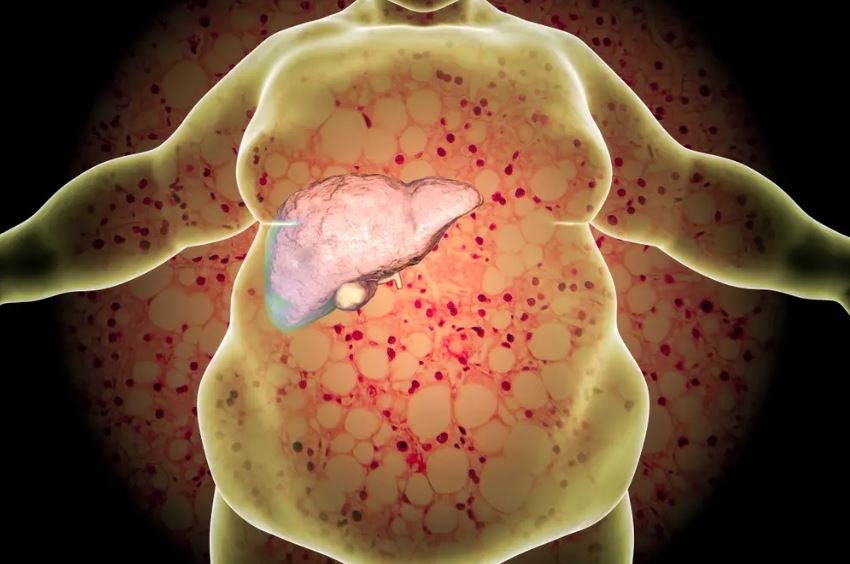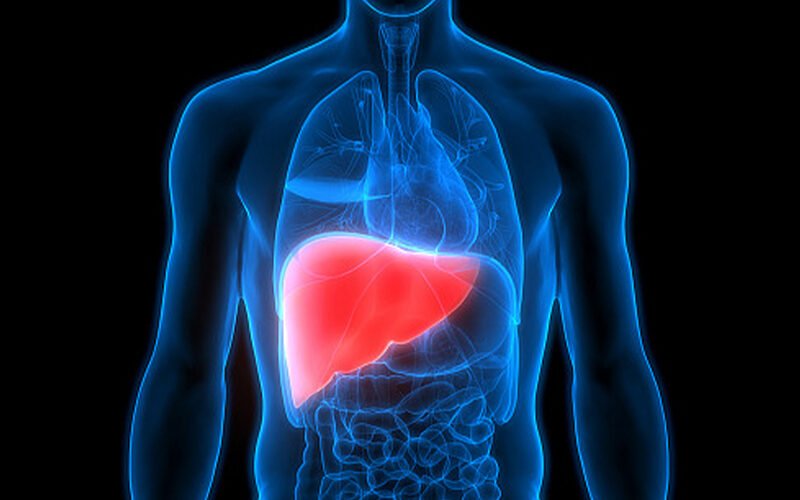The liver represents the second largest organ in the human body. It’s function is to process nutrients from food and beverages while filtering out harmful substances from the blood.
When fats build up in the liver, it leads to a condition known as fatty liver or hepatic steatosis.
Fatty liver is often considered the initial stage of certain liver diseases such as liver fibrosis and cirrhosis.
However, the condition can be reversed if the underlying cause of the fat buildup is identified.

Some factors that lead to this condition, as per British Liver Trust are:
- being overweight
- consuming foods high in fat and sugar
- being diagnosed with type 2 diabetes
- consuming too much alcohol
- taking certain medications

According to Bupa, symptoms of fatty liver disease may include fatigue, pain or discomfort on the right side of the abdomen, itchy skin, swelling in the ankles, legs, feet, or abdomen, easy bruising, and yellowing of the skin or eyes.
There are two main types of this condition:
- Alcoholic Fatty Liver Disease (AFLD): Caused by excessive alcohol consumption.
- Non-Alcoholic Fatty Liver Disease (NAFLD): Linked to metabolic disorders.

Although there are no medications specifically for treating fatty liver disease, lifestyle changes can often help prevent and even reverse the condition. Maintaining a balanced diet, limiting alcohol intake, exercising regularly, and managing weight are key factors in improving liver health.
For a liver-friendly diet, prioritize fresh fruits vegetables, whole grains, lean proteins, low-fat dairy, and healthy fats and oils. Stay hydrated by drinking plenty of water reduce the intake of foods high in sodium, trans fats, saturated fats, and refined carbohydrates.

Certain supplements home remedies, such as omega-3 fatty acid supplements, vitamin E, green tea, may support liver health help manage the condition.
Disclaimer: This content is for informational purposes only should not be considered a substitute for professional medical advice, diagnosis, or treatment. Always consult your physician or healthcare provider with any questions regarding your health or medications. Do not ignore professional medical advice based on this information. Always verify with your doctor before making any health-related decisions.
Please SHARE this article with your family and friends on Facebook.







